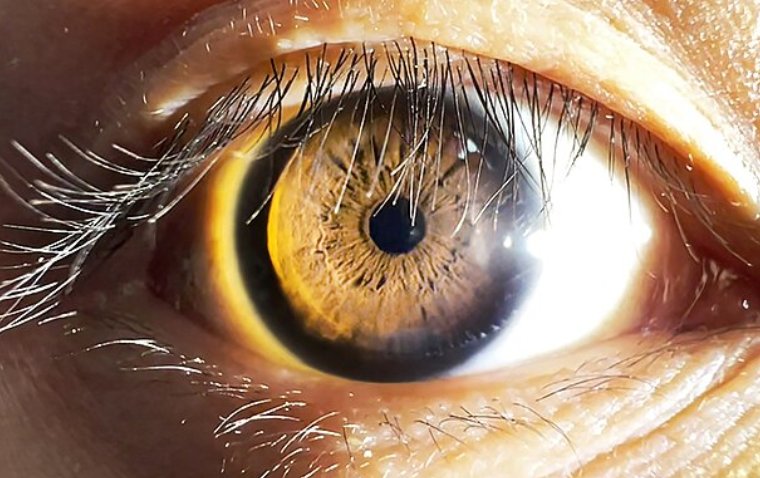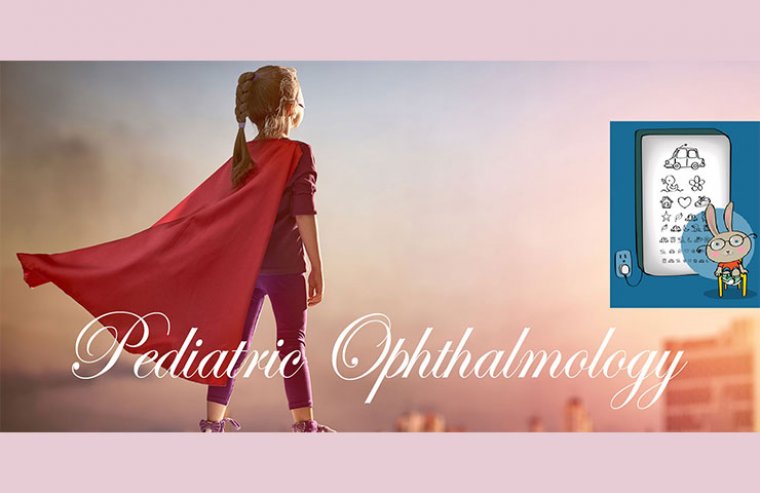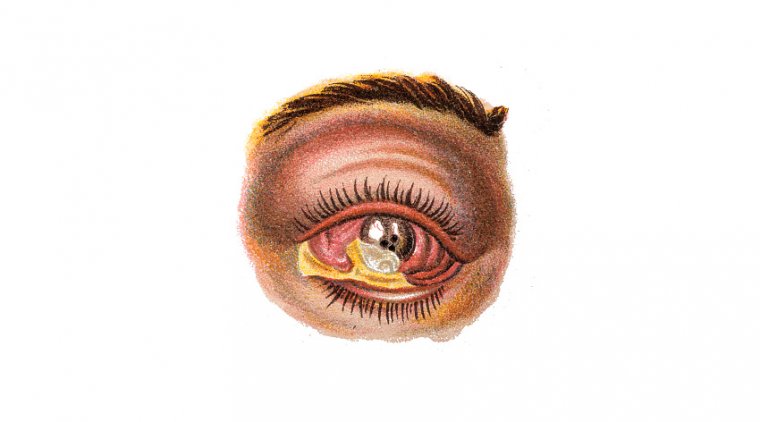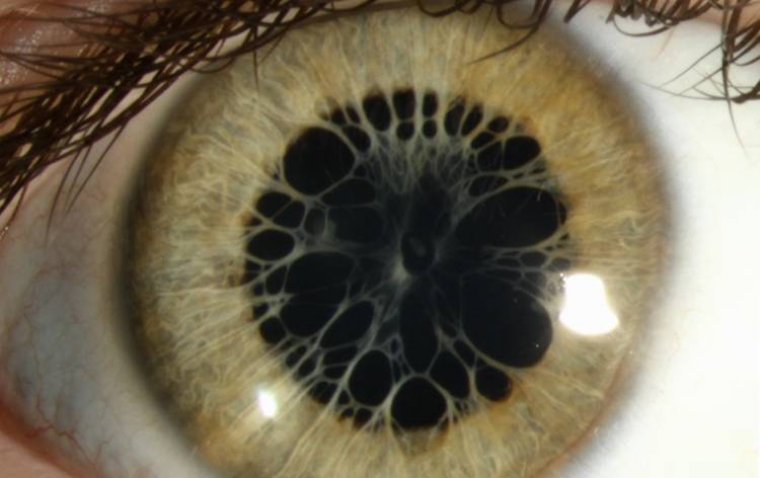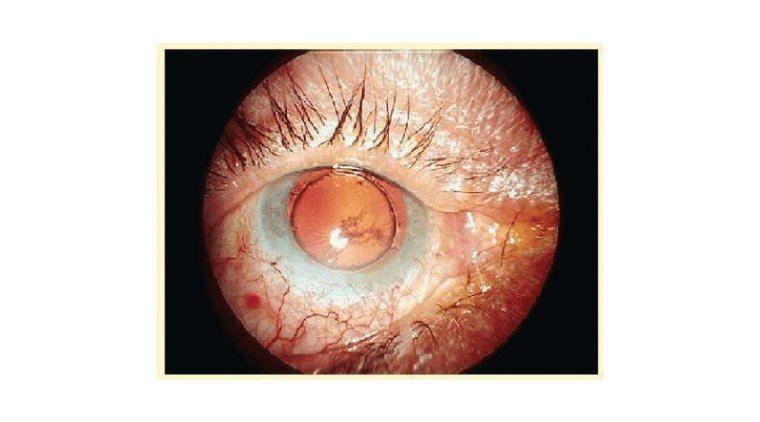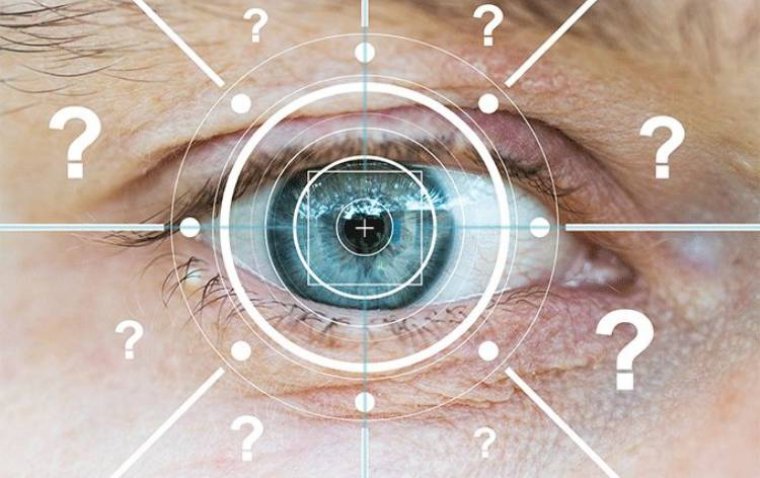
LinkedIn Poll: Nearly Half of Ophthalmologists Willing to Use AI Tools in Patient Care
In a recent poll conducted by our LinkedIn page, we asked our followers in the field of ophthalmology whether they would be willing to use artificial intelligence (AI) tools such as ChatGPT or Google's Bard for decision-making, provided that they are proven to be accurate and reliable. The results of the survey were quite interesting, with 48% of the respondents saying yes, 37% saying no, and 15% being unsure.
While the results of the poll were somewhat mixed, the potential benefits of using AI tools in the field of ophthalmology cannot be ignored. ChatGPT and Bard are both AI-powered tools that can help ophthalmologists make more informed decisions and improve patient outcomes.
One of the key ways in which these tools can be useful is by providing ophthalmologists with real-time access to vast amounts of data. For example, ChatGPT could be used to analyze large datasets of patient records, clinical trials, and research studies to identify patterns and trends that might not be immediately apparent to human clinicians. This could help ophthalmologists to diagnose conditions more quickly and accurately, and to develop more effective treatment plans.
Another potential benefit of using AI tools in ophthalmology is that they can help to reduce errors and improve patient safety. By analyzing patient data and identifying potential risk factors, ChatGPT and Bard could help ophthalmologists to identify patients who are at higher risk of developing complications, such as glaucoma or cataracts, and to take preventative measures to reduce the likelihood of these complications occurring.
Of course, there are also potential drawbacks to using AI tools in healthcare, and it is important to carefully consider the ethical and regulatory implications of implementing these tools in practice. Despite these concerns, the potential benefits of using AI tools like ChatGPT and Bard in ophthalmology are clear.
By providing clinicians with real-time access to vast amounts of data, enhancing communication with patients, and improving patient information, these tools have the potential to revolutionize the field of ophthalmology and improve patient outcomes. As the technology continues to advance, we can expect to see more research and development in this area, and a growing number of clinicians using AI tools to enhance their practice.
(1).jpg)
.PNG)
